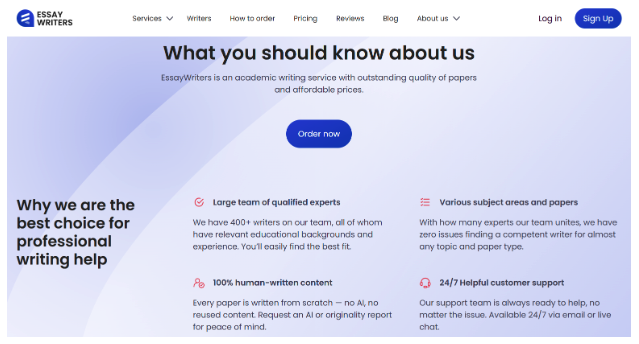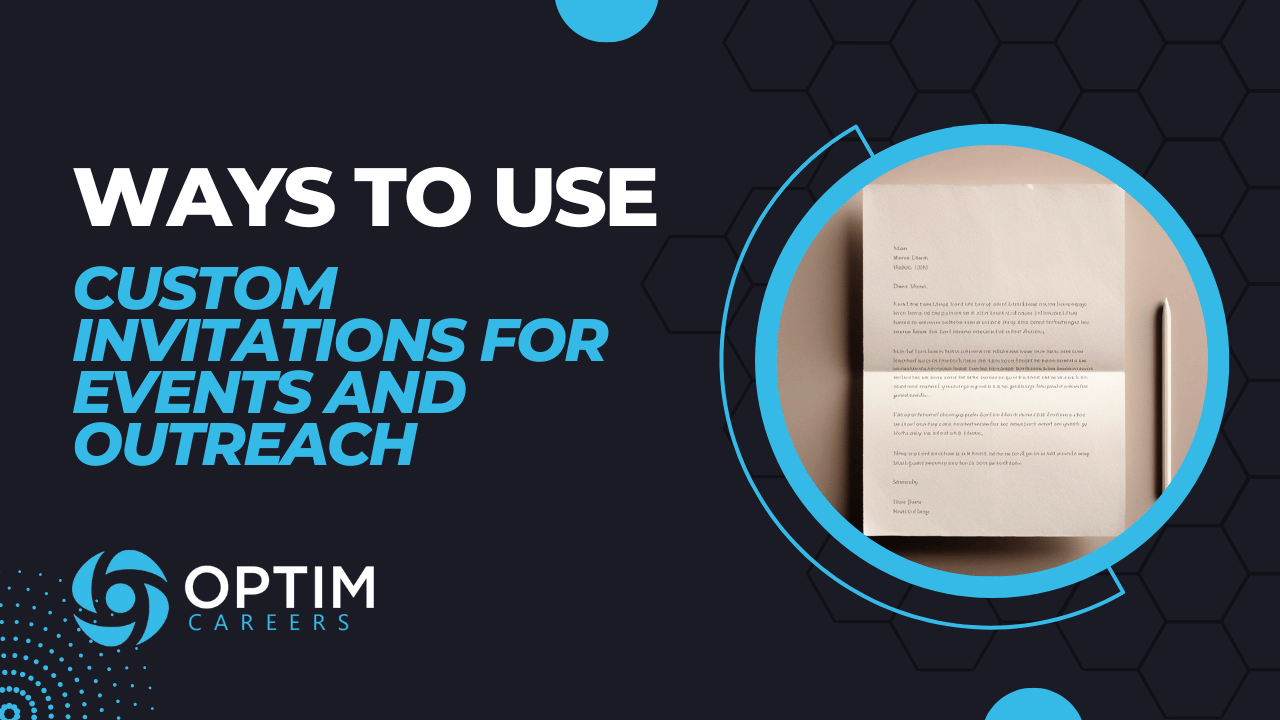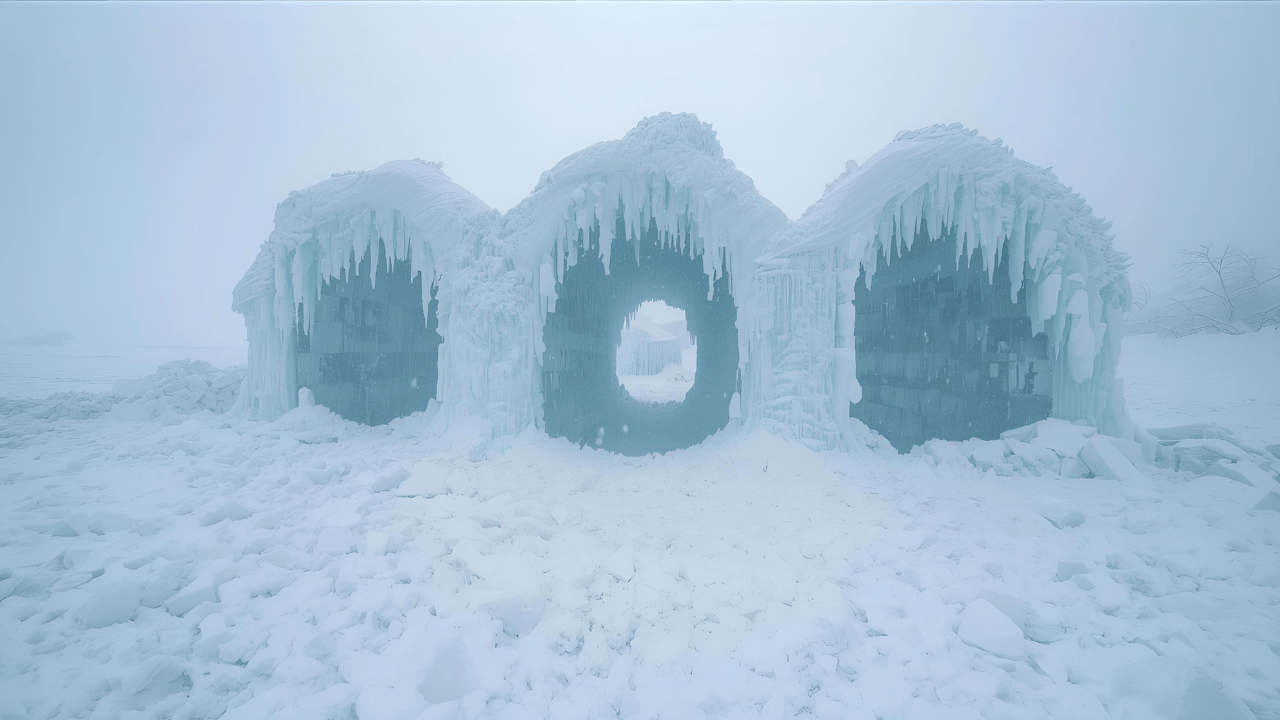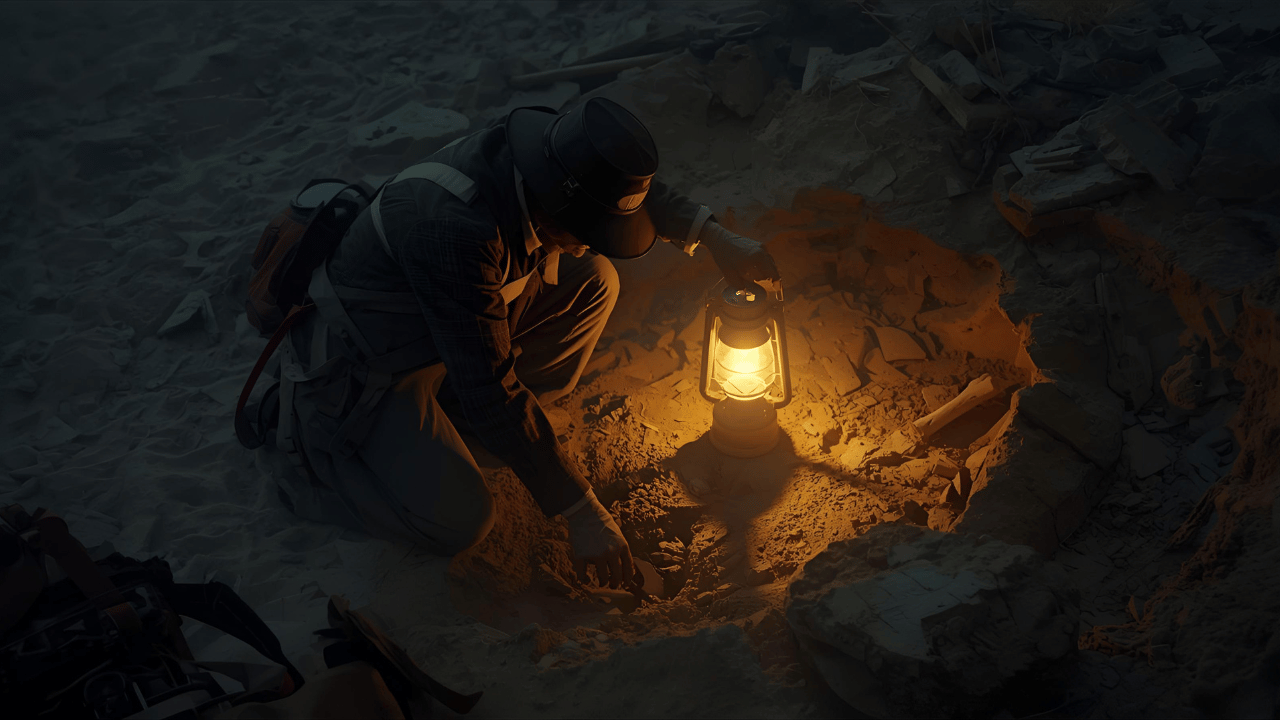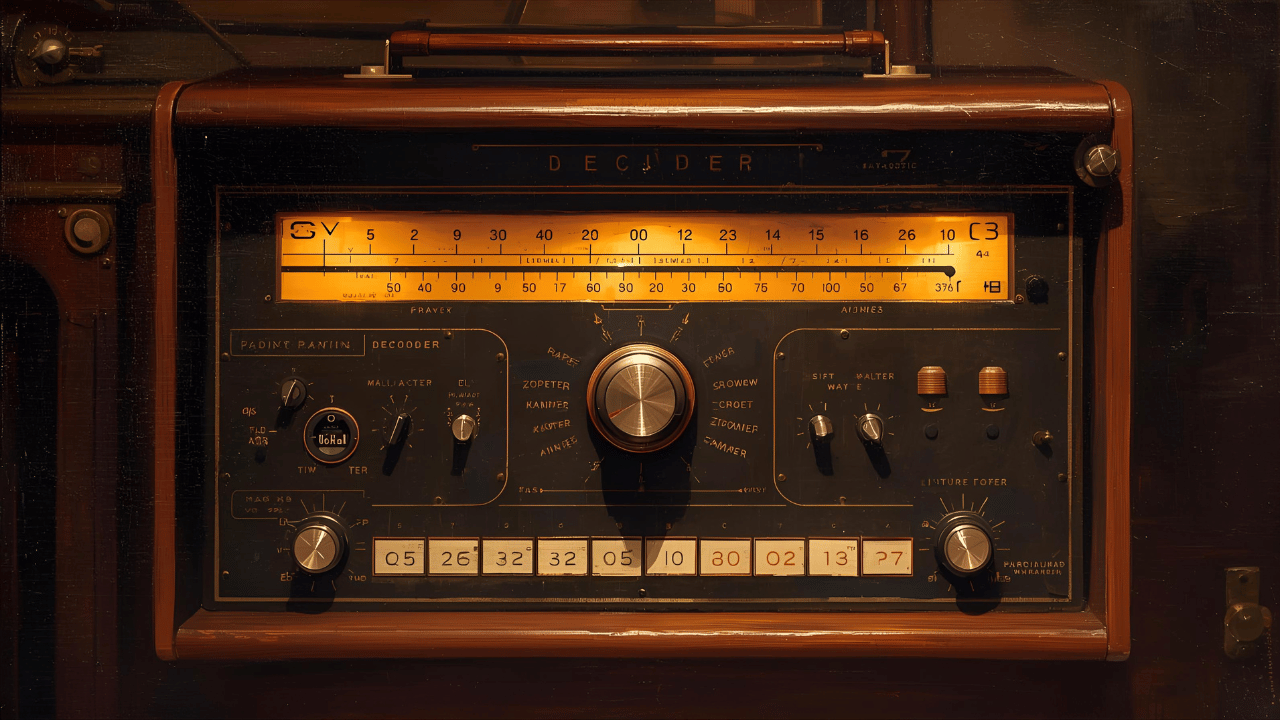How Long Does It Take to Make a Resume
A resume is a crucial document that helps job seekers present their skills and experience to potential employers. However, one question that often arises when preparing to write a resume is, "How long will it take to write a resume?"
The truth is, the time it takes to make a resume can vary greatly depending on several factors, including the writer's experience, the level of detail needed, and the complexity of the job seeker's work history. In this article, we'll explore these factors and offer some tips on how to write a great resume in a reasonable amount of time.
Factors Affecting Resume Writing Time
Writer’s Experience
The amount of time it takes to make a resume depends largely on the writer’s experience with resume writing. Resume writing is a very particular type of writing with its own set of norms and guidelines. If you’re a seasoned professional with years of experience writing resumes and you understand intimately the job for which the resume is being written, you may be able to write one within a few hours. However, if you’re new to resume writing or you’ve never written a resume for the job intended, it may take longer to learn the ins and outs of creating an effective resume.
Resume Writing Experience + Target Job Understanding = Resume Writing Time
To give some context to the answer, most resume writers indicate that they spend between five to twelve hours on average drafting mid-career resumes. Some have said that they spend 20 hours drafting a resume when working with executive-level job seekers or very technical jobs for which the resume is being drafted for. Keep in mind that these are trained professionals that write resumes all day, every day. If you are not accustomed to writing a resume, it may take much longer than this to get it right on your own.
In one survey we conducted in 2022, the average person spent 34 hours per week writing and changing their resume.
Job Targets
Having a well-defined audience for a resume will decrease the amount of time it takes to write a resume. The more niche your job targets are, the easier it will be to write one resume that can be used for most or all of the jobs you will encounter.
If you’re trying to use the same resume for multiple types of job applications (which we don’t typically advise), it will add to the time it takes to write your resume because you’ll have to find ways to speak to all of the audiences without distracting them with unnecessary information and that can be a very complex thing to do.
Documentation
Facts are what make the best resumes effective. Hiring managers and recruiters want to know that you know your stuff and they want to see facts, not generalities. In order to be specific and back up your claims, you need to know what you did at each of your jobs. You’ll need to be able to quantify and qualify your experience and relevant achievements. If you haven’t been keeping track, it will take more time to write your resume because you may have to chase down old managers and coworkers to obtain the information you need to write an effective resume. This can often add days if not weeks to the resume writing process. If you’re not doing so now, it’s best to keep a log somewhere that you update on a regular basis to keep track of your experiences with detailed information.
Complexity of Work History
The complexity of your work history can also impact how long it takes to write a resume. For example, if you've had a lot of different jobs over the years or if you've worked in multiple industries, it may take longer to organize your experience and transferable skills effectively. Conversely, if you've had a relatively straightforward work history, it may be easier to create a resume that is focused and effective.
Naturally, the more work history you have, the longer it will take because your resume length will be longer. Because you want your resume easy to read, having multiple jobs could result in two or even three-page resumes. Even if they are short-term jobs, it will still take time to brainstorm your resume content. And sometimes, it can be harder to write about short-term jobs because you’re not in the job long enough to realize long-term impacts.
Writing an entry level resume is usually easier than writing a professional resume for someone who has ten years of experience because the later becomes a process of omission. At a certain point, you’ve done so much in your career, the challenge is usually not finding things to write, but determining what you don’t write.
Job Description
The more intimate you are with the job you wish to do next, the easier and faster it will be to create a resume with relevant information. Reading a job description is no easy feat when you don’t understand the role.
How Long Does It Take to Make a Resume
The better question, is probably how long does it take to write an effective resume. If you already know how to write a modern resume and your background is relatively straightforward, you should be able to write an effective resume within ten hours.
If you aren’t accustomed to writing resumes or don’t possess strong copywriting skills, writing an effective resume can take days. You will want to invest your time in learning how to write a resume that works for you. Don’t skip this investment, be it time or money. It is just that, an investment.
The quickest way to write a resume is to work with a qualified resume writer. You can browse independent, pre-vetted resume writers on our Resume Connection and know that you will only pay once you are satisfied with your new resume.
How to Speed Up the Resume Writing Process
Because writing a resume that produces interviews takes time, here are some resume tips you can use to shorten your resume writing timeline.
Get Inspiration From Other Resumes
You never want to copy someone else’s resume, but taking a look at someone else’s successful resume can help you brainstorm content for your own. You want to review resumes that have proven to generate interviews. Not all resumes are equal. Getting inspiration from other successful resumes that were written for the same job you want to interview for can shave off hours of time that it will take you to write your own resume. It’s so important, that we continuously add sample resumes to our Weekend Resume Makeover Program to help you write your own resume. All of the sample resumes are based on resumes from our resume-writing clients that have generated the most interview results. There are over 60 sample resumes in the program right now.
Use a Resume Template
Using the right resume template can eliminate all the guesswork and study you’ll have to do regarding formatting your resume. Not all resume templates are equal. You’ll want to avoid the resume templates built by designers. They look pretty and will make you say, “Wow" but people don’t interview other people because of pretty resumes. They interview candidates because they read words that made them want to interview that candidate. Having a concise, easy-to-follow, easy-to-read resume format is what will land you interviews - not pretty graphics and colors. You also want to avoid any templates that have text boxes because the information within those boxes doesn’t always parse into an ATS (applicant tracking system). This is why we don’t advise using a Canva resume template. You can download a free resume template below and you can access five of our top-performing resume templates inside the Weekend Resume Makeover for free!
Keep in mind that if you use a template, it should be easy to read your resume. For more information about selecting the right resume template, read the article: Is It Bad to Use a Resume Template?
Aim for Relevancy
Be known for solving problems. Anytime you include something in your resume, ask yourself, “How does this help the hiring manager know they can bet on me to solve their problems.” People need to know they can bet on you. They need to know you have the skills, expertise, and background to help them survive and thrive. If something doesn’t help the hiring manager know you can solve their specific set of problems, eliminate it.
Use Formulas for Your Work History
Having a story-based formula for your job summaries and bullet points will reduce the amount of time it takes to create a resume. For a complete list of formulas, check out the Definitive Guide to Resume Writing.
Write a Segmented Master Resume
It’s no secret that tailoring a resume is one of the most time-consuming activities a person does during a job search. Some people spend over 30 hours a week rewriting their resumes for each job. How long should it take to write a resume? Not that long. Writing a segmented master resume will enable you to write a resume for a job category and then delete the information as you need to for each job. It becomes a process of deletion and not new resume content creation.
For information on how to write a master resume, read the article: How to Create a Master Resume.
Get Feedback
Without the right feedback, you’ll be stuck in an endless loop of constant resume revisions. Don’t guess when it comes to your resume. That would be like a marketer creating marketing material without ever speaking to a customer - it makes no sense. There are two ways you can get valuable feedback.
First, work with a resume writer who can review your resume for a small fee. They’re not writing the resume for you, so it shouldn’t cost you an arm and a leg for this type of review. You’re looking for someone who can examine your resume, tell you what should be changed, help you work through those changes, and leave you with valuable insights you can apply.
Second, use the grunt test. Do you remember the caveman commercials that Geico used to run? It’s so easy a caveman could do it. Your resume should be so easy to understand that a caveman could grunt back to you what you do and why you matter. Take your resume down to the coffee shop. Approach a stranger, and ask them if they’d be willing to look at your resume for 20 seconds and answer two questions. After 20 seconds, take the resume away from them and ask them these two questions.
What do I do? If they can’t repeat back to you the job you are applying for, you have a problem.
Why would someone want to interview me? If they can’t answer this question after 20 seconds, you still have work to do.
Your resume should read so easily and be so clear that anyone can answer these two questions after only 20 seconds.
Will AI Speed Up the Time to Write a Resume
With new tools emerging all the time, like OpenAI’s Chat GPT4, it’s easier than ever to write a resume fast. We’ve experimented with these tools and found that they can help brainstorm content and create outlines of themes for your resume; however, they are only as good as the person inputting the commands.
If you understand how to write an effective resume, these tools can shave off hours of work. But you still have to understand copywriting, some psychology, and how hiring managers and recruiters read resumes. There’s no escaping learning how to write a resume and keeping up with the ever-evolving changes in resume writing.
We’ve compiled a list of resume prompts you can use to help with this. You can find them in the article: ChatGPT Resume Prompts.
In Summary:
The average person spends 34 hours per week writing and changing their resume
Most qualified resume writers state that they spend anywhere from five to ten hours writing a resume on average with some more complex resumes approaching seventeen hours
Your experience writing resumes, how niche your job targets are, how well you’ve documented your experience, and the complexity of your career history will all impact how long it takes to write a resume
Reviewing other successful resumes, using a resume template, focusing on relevancy, and eliciting feedback will shorten the time you spend writing a resume





